Mozambique: UN warns of "relentless cascade of emergencies"
Mozambique: Sweden donates $11 million for children, youths in Palma
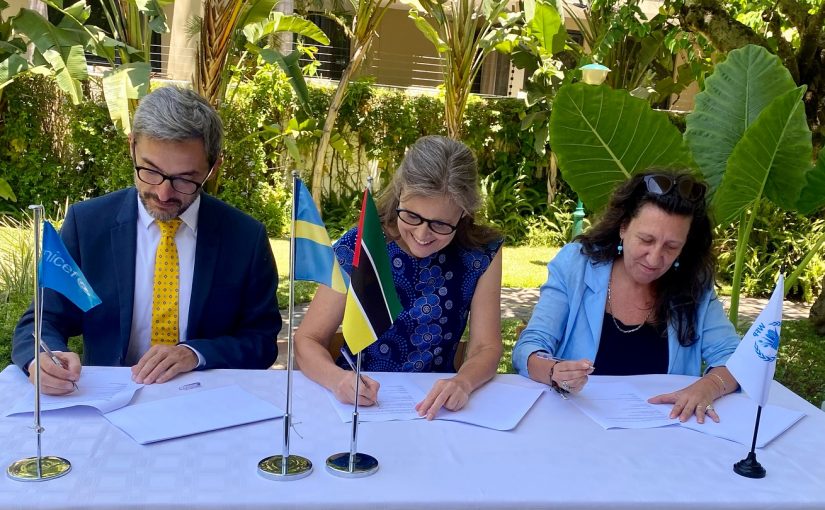
Photo: Embaixada da Suécia em Moçambique
Sweden has donated $11 million (€10.6 million) to a programme to support children and young people in the district of Palma, in the Mozambican province of Cabo Delgado, which has been facing an armed insurgency since 2017.
The programme, which will be undertaken by the World Food Programme (WFP) and the United Nations children’s fund (UNICEF), will last three years and aims to promote, among other things, “inclusive and equitable” education, as well as child protection in the district, according to a statement released on Tuesday.
“Children and young people are central to peacebuilding in Cabo Delgado. This programme is a critical step towards fostering a sense of belonging, protection, and opportunity,” said the Swedish ambassador to Mozambique, Mette Sunnergren, quoted in the document.
UNICEF representative Mary Louise Eagleton said the Swedish support would “drive sustainable improvements” for Palma’s children and young people, who are among the “most vulnerable” in Mozambique.
“By investing in inclusion, resilience, learning and protection, together we are creating a brighter future for children, young people, and society as a whole” she said.
The organisations pointed out that the ongoing armed conflict in the province means children and young people face “critical challenges” which, in addition to exposure to violence, include limited access to education and social services.
“Many children and young people in the province are out of school, lacking foundational skills for employment, and experiencing heightened risks of early marriage and economic hardship, and the programme’s interventions will be critical to addressing these pressing issues,” the document added.
The programme will strengthen the capacity of Mozambique’s government and the community to provide “quality services” in education and child protection. It will “provide opportunities for skill development, youth leadership, and employment while ensuring gender-sensitive programming that supports girls and young mothers.”.
Among the priorities is support for the reintegration of children affected by the attacks.
“Reintegration services for children affected by armed conflict, including family tracing and alternative care options, will also be prioritized,” the document said.
Recently, the United Nations Children’s Fund expressed its “serious concern” about the increase in child abductions by rebel groups in Cabo Delgado, warning that the victims are forced into combat roles.
“UNICEF is deeply concerned by a recent spike in abduction of children by non-state armed groups (NSAGs) in Cabo Delgado province,” the UN agency said in an official statement.
The latest case in which children were kidnapped by rebels in Cabo Delgado occurred on 23 January, when a rebel group attacked the village of Mumu in Mocímboa, more than 30 kilometres from the district headquarters.
According to UNICEF, children who are abducted by rebels have been forced to “serve in combat and non-combat roles”, a “grave violation of children’s rights”.
READ: Mozambique: UNICEF ‘deeply concerned’ about increase in child abductions by rebels
Since October 2017, the gas-rich province of Cabo Delgado has been facing an armed rebellion with attacks claimed by movements associated with the extremist group Islamic State.
The last major attack took place on 10 and 11 May on the district headquarters of Macomia, with around a hundred insurgents sacking the town, causing several deaths and heavy fighting with the Mozambican Defence and Security Forces and Rwandan soldiers, who are supporting Mozambique in the fight against the rebels.


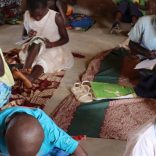
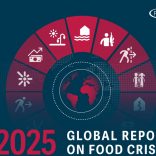


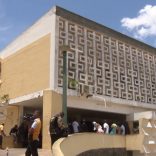
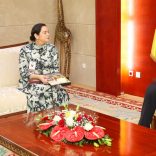




Leave a Reply
Be the First to Comment!
You must be logged in to post a comment.
You must be logged in to post a comment.